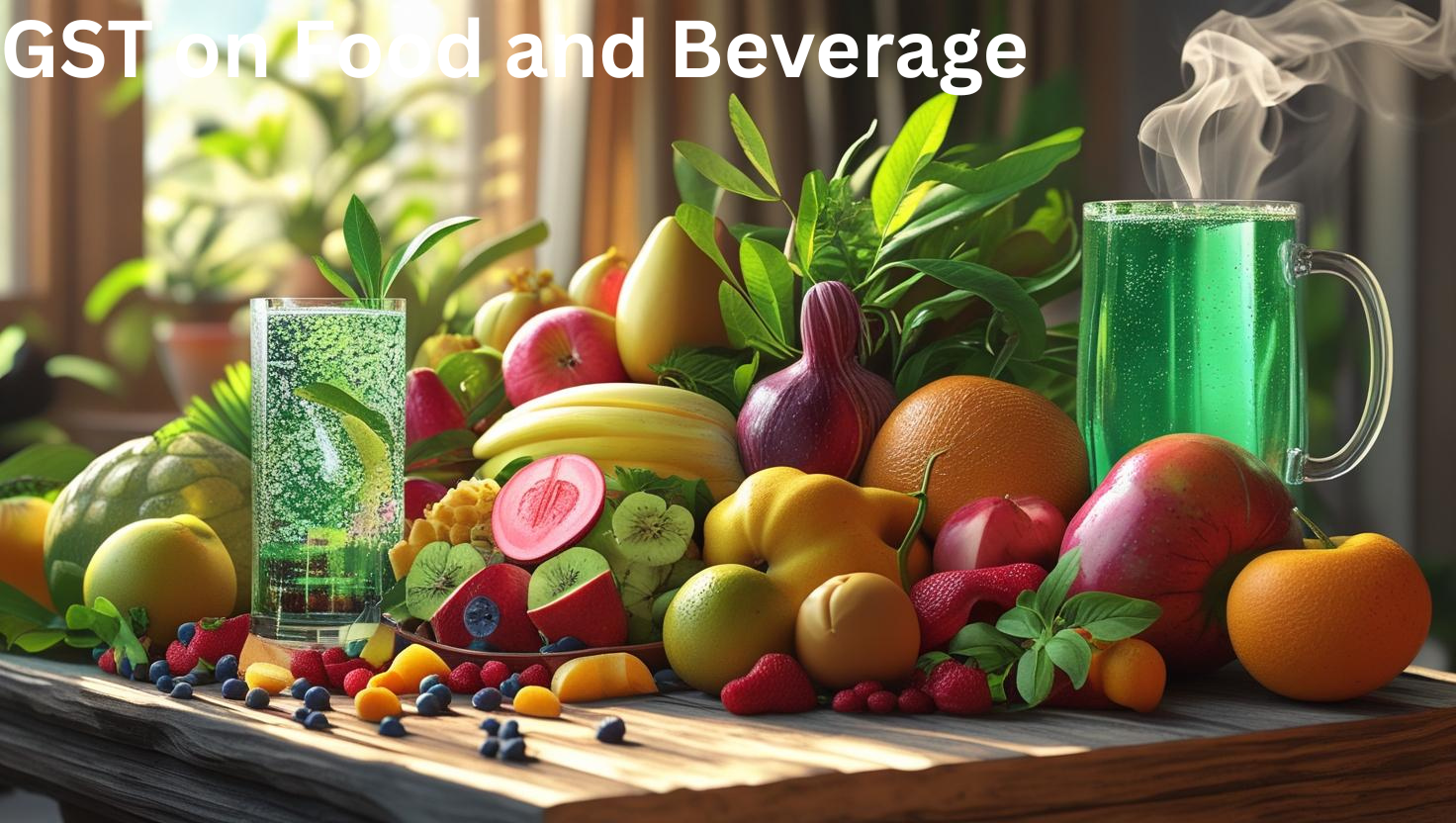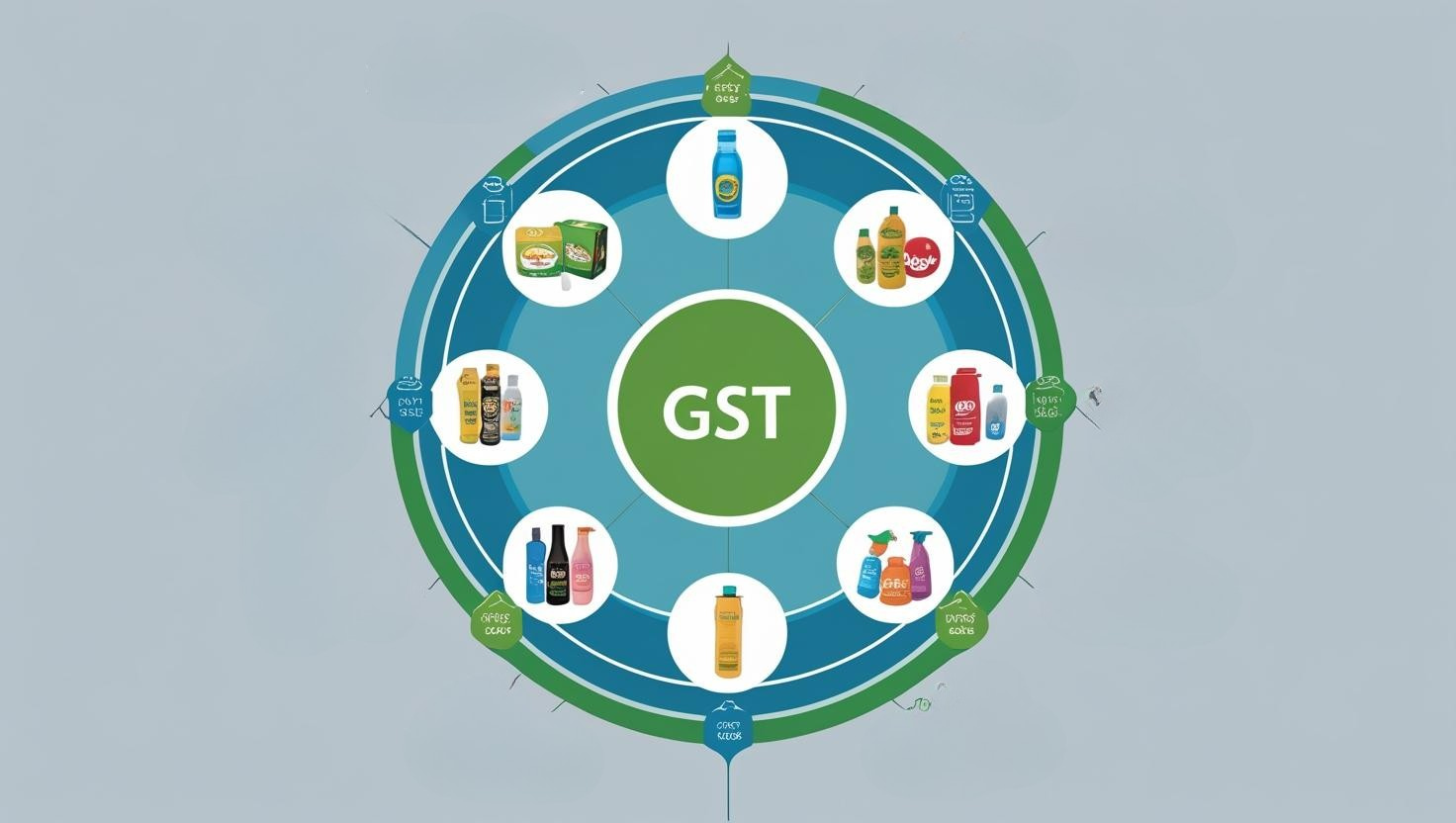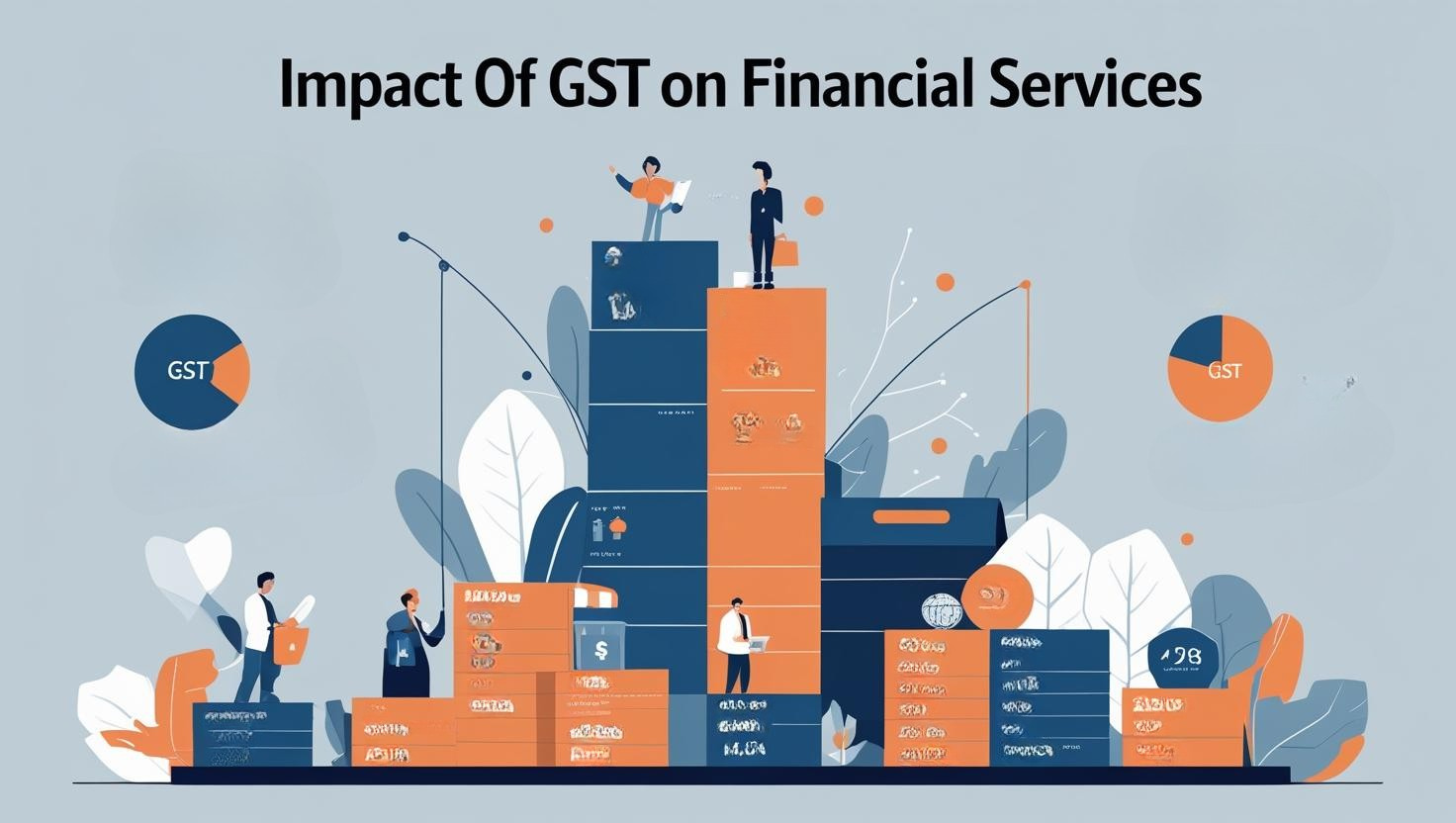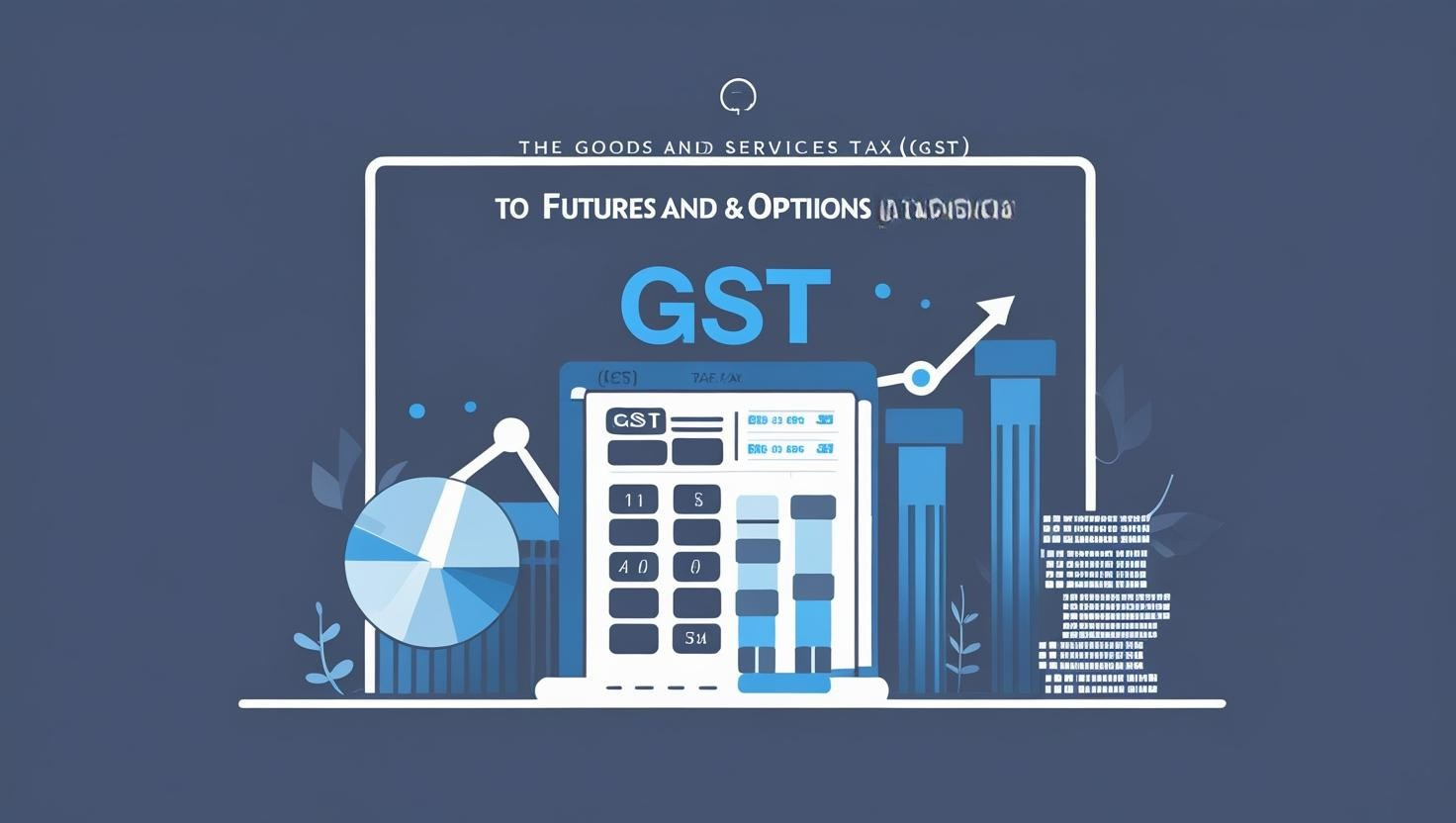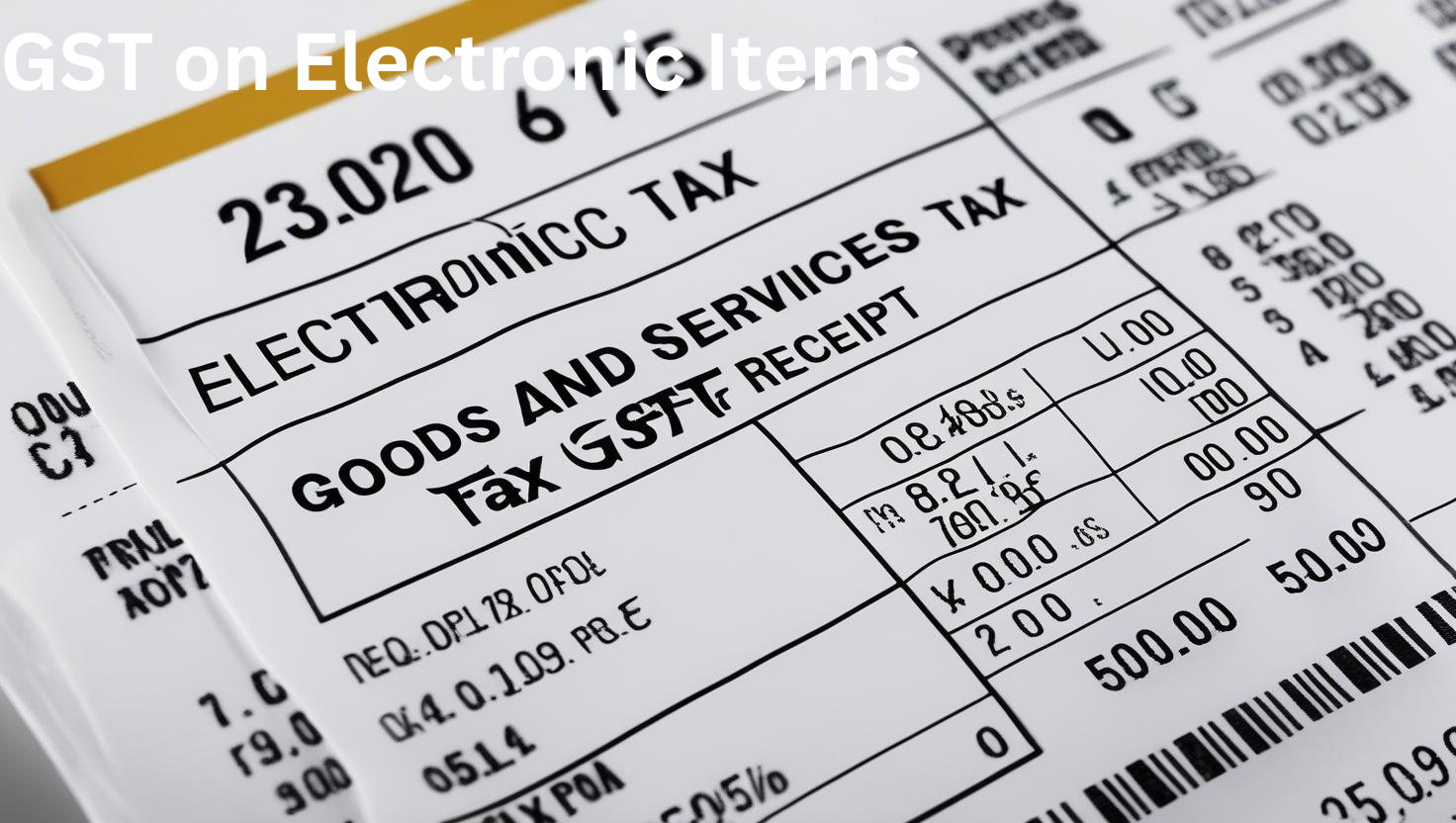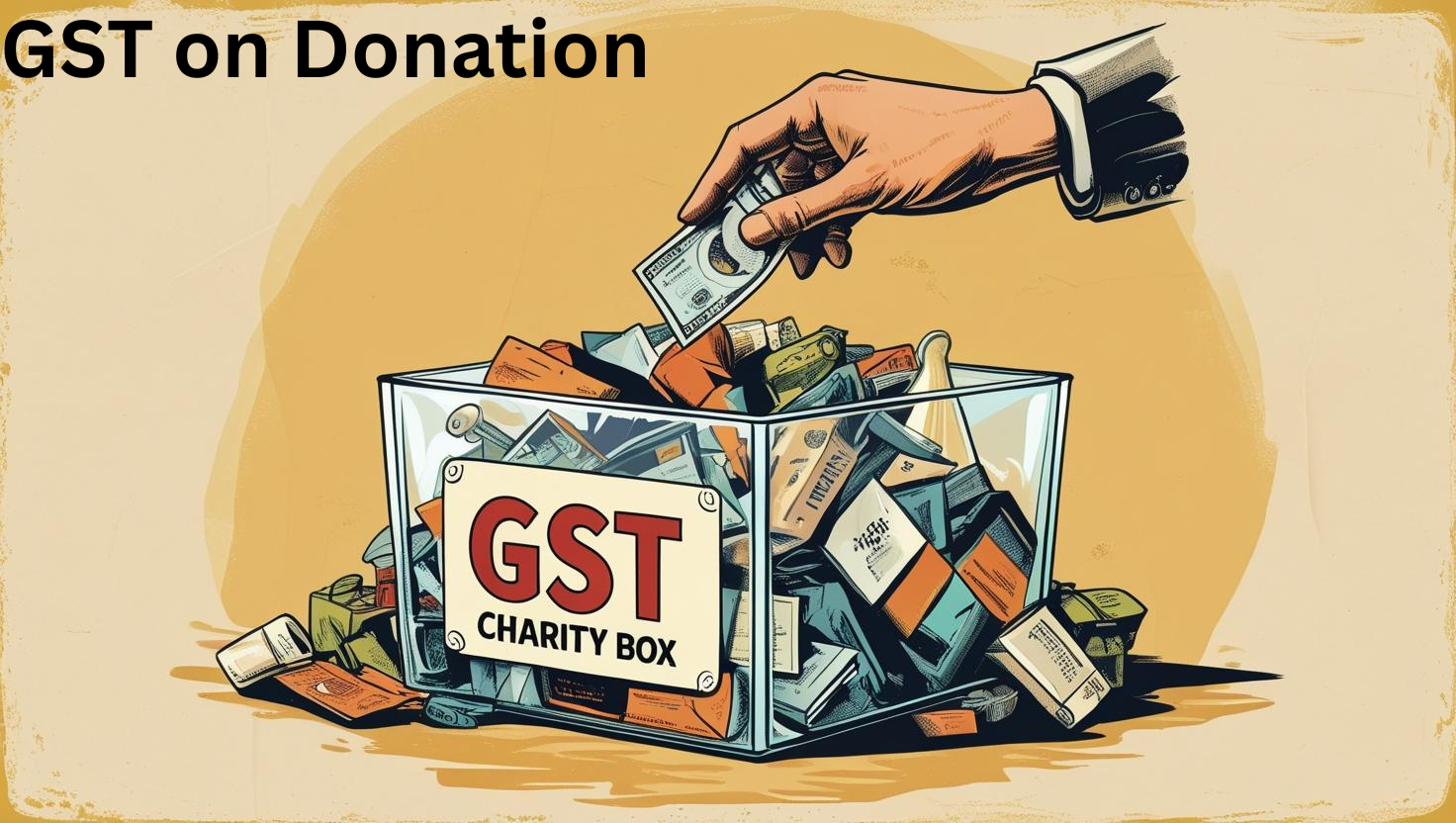The Goods and Services Tax (GST) rate on rice, including basmati, non-basmati, and other varieties, is set at 5%. The HSN code for rice is 1006, which covers all forms, from paddy to wholly milled and broken rice. Before the GST regime, rice was subject to taxes like VAT and Octroi, which led to higher prices for consumers. The GST system has simplified the taxation process and reduced the overall tax burden on rice.
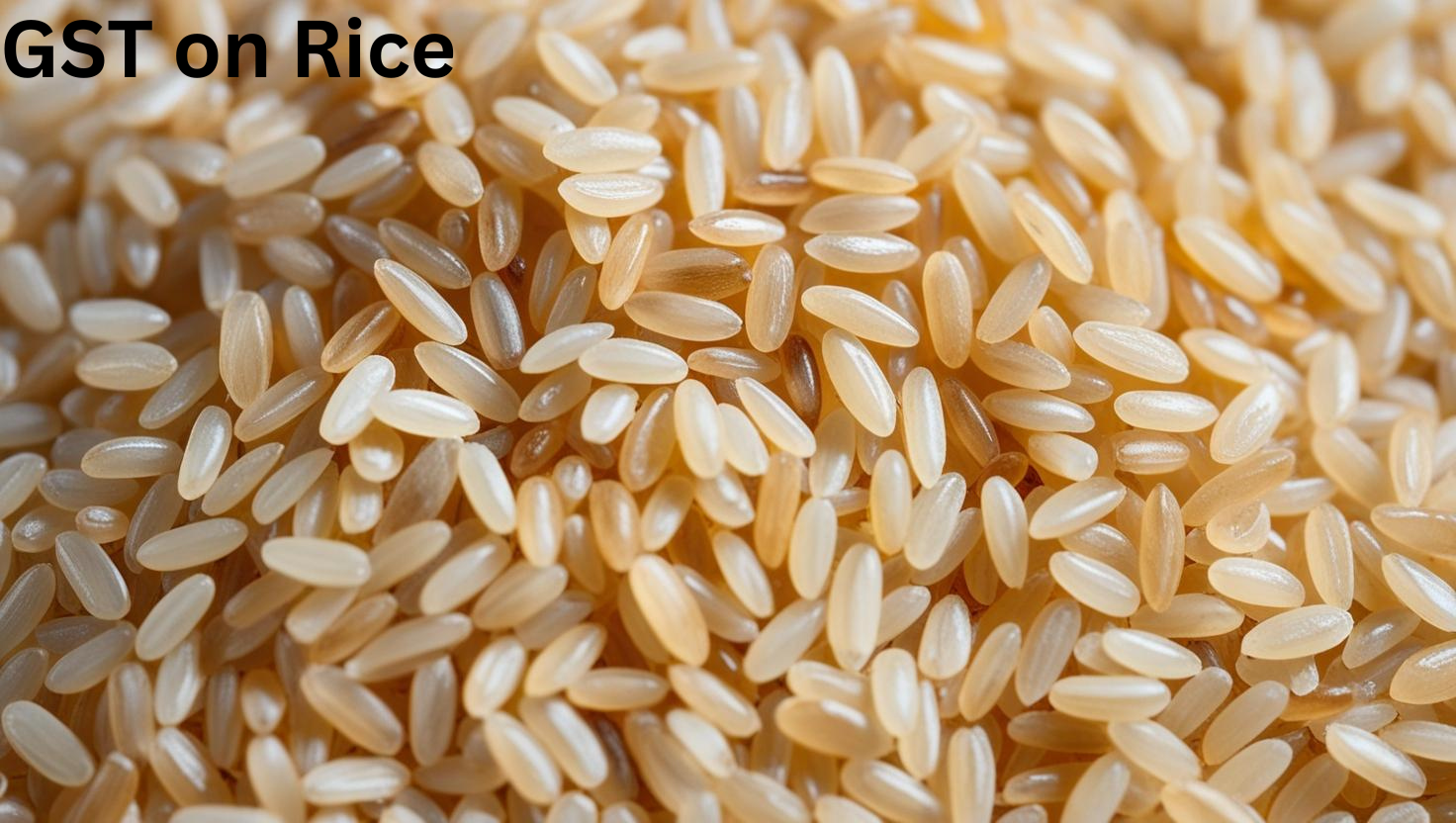
Taxation of rice, wheat, cereals and flours under GST
Cereals’ treatment under GST The cereal category’s goods are specified in Chapter 10 of the HSN code. All the goods mentioned in Chapter 10 of the HSN code are exempt from GST. Below is the list of items mentioned in Chapter 10 of the HSN code:
- Wheat and meslin
- Rye
- Barley
- Oats
- Maize (Corn)
- Rice
- Grain sorghum
- Buckwheat, millet and canary seeds
- Other cereals
Tax-exempt goods, as listed above, shouldn’t be put up in any unit container and bearing the name of a registered brand. However, these are subject to 5% tax when “prepackaged and labelled” as per Section 2(l) of the Legal Metrology Act and its Rules.
A “pre-packaged commodity” as per the law has all the following characteristics-
- No purchaser is present or not pre-ordered
- Packed with or without seal
- Based on recommended standard packages of specified weights or measures quantity as per the Legal Metrology Act. The predetermined quantity are packets of 100 grams, 200 grams, 500 grams, 1 kg, 2 kg or 5 kg and multiples of 5 kg.
HSN code and GST rate on rice and wheat, cereals
| HSN Code | Description | GST Rate | |
|---|---|---|---|
| Other than pre-packaged and labelled | Pre-packaged and labelled | ||
| Chapter 10 | All goods i.e. cereals, put up in unit container and bearing a registered brand name, as detailed below- | 0 | 5% |
| 1001, 1008, 1101, 1102, 1109 | Wheat and meslin, wheat flour and meslin flour, buckwheat, millet, canary seeds, ragi, quinoa, jawar, bajra, wheat gluten, and bran | 0 | 5% |
| 1103 | Cereal groats, meal and pellets, including suji and dalia pre-packaged and labelled | NA | 5% |
| 1002 | Rye | 0 | 5% |
| 1003 | Barley | 0 | 5% |
| 1004 | Oats | 0 | 5% |
| 1005 | Maize (Corn) | 0 | 5% |
| 1006 | Rice, Rice in husk, Husked (brown) Rice, Rice, parboiled, Basmati rice, broken rice, and puffed rice | 0 | 5% |
| 1007 | Grain Sorghum | 0 | 5% |
FAQs
Q1. Is GST applicable on all types of rice?
Yes, the 5% GST rate applies to all varieties of rice, including basmati, non-basmati, and other types.
Q2. Why there is GST on rice in India?
The prices of essential goods rose by 5% due to GST on rice and wheat and other edible commodities as per the decision by the Indian Government. Even non-branded items will now be charged GST at a rate of 5% if they are packaged and labelled. Respond to all the queries on how much GST on food, the rate is 5% if sold packaged and labelled.
Q3. Is there a difference in GST rates for raw and parboiled rice?
No, the 5% GST rate applies to all forms of rice, including raw and parboiled rice.
Q4. Are there any exemptions under GST for certain categories of rice?
Paddy, the raw form of rice, is exempt from GST. However, once the paddy is processed into rice, the 5% GST rate applies.
Q5. What is GST on puffed rice?
As discussed earlier, before July 18th, 2022, GST wasn’t levied on specified branded or unbranded goods. From July 18th, 2022, this provision underwent a change and GST was made applicable to the supply of labelled and pre-packaged goods bringing the provisions of the Legal Metrology Act into purview. For instance, puffed rice when pre-packaged and labelled would attract 5% GST from July 18th, 2022. However, no GST would be levied on puffed rice if sold loose.
Q6.Why is there GST on rice in India?
While loose rice (HSN code 1006) is exempt from GST, pre-packaged or branded rice (e.g., branded rice bags) attracts a 5% GST. This distinction is made to maintain a balance between affordability of essential staples and revenue generation
Related Resources

